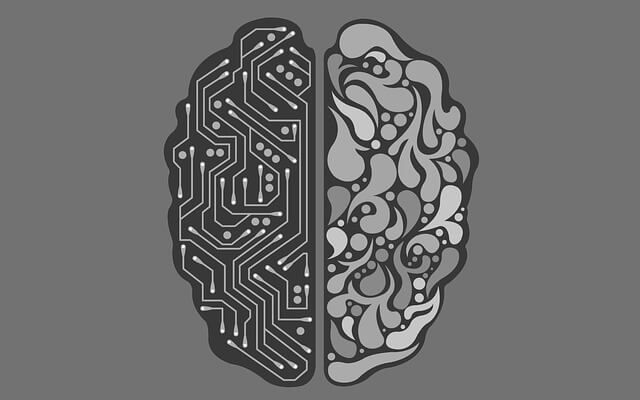A research team studying the positive effects of daily gratitude says it can change people’s lives—but it takes mental toughness and discipline.
The payoff, however, can be significant.
Compared with those who dwell on daily hassles, people who take time instead to record their reasons for giving thanks exercise more regularly, complain of fewer illness symptoms, and feel better about their lives overall. They also feel more loving, forgiving, joyful, enthusiastic, and optimistic about their futures, while their family and friends report that they seem happier and are more pleasant to be around. Continue reading


